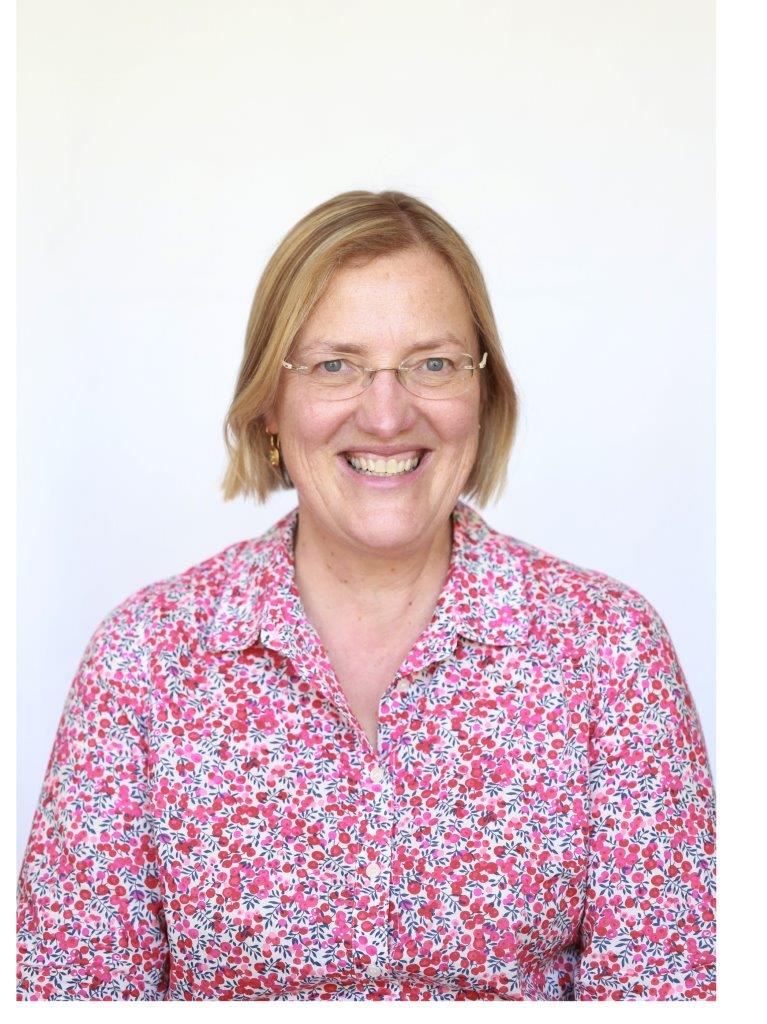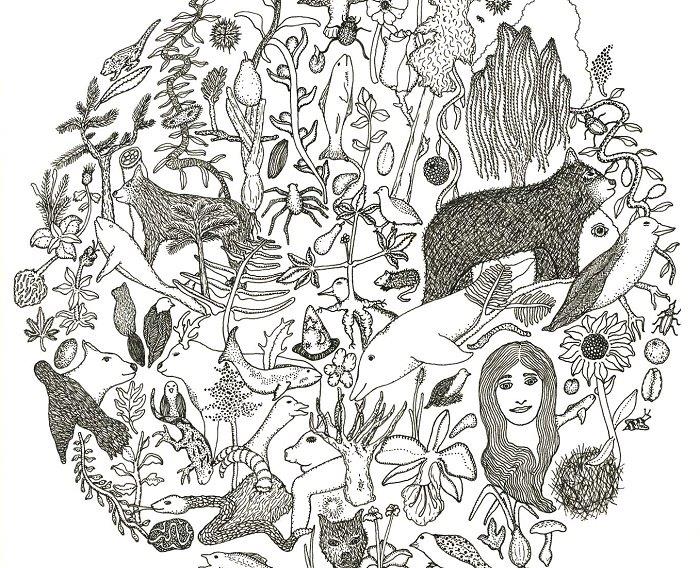During September, the Uniting Church WA supports the Season of Creation through Sustainable September. You can get involved by downloading and using resources, available online at ecochurcheswa.net/worship.resources
As one of the Biblical scholars intimately involved in The Earth Bible project, Rev Dr Vicky Balabanski shares her thoughts on Christian faith and its connectedness to all of creation.
When I first started writing about the Bible and ecology about twenty years ago, it was a topic that seemed strange to many Christians. People often raised their eyebrows and wondered whether this was a ‘newage’ approach to reading the Bible. Many Christians grew up with the idea that ‘tree-hugging’ was not a topic for church. It seemed a bit too close to paganism or idolatry – worshipping the creature rather than the Creator.
That’s no longer the case. In the intervening years, we have begun to recognise that we worship a God who created and loves all things, not just human beings. This shift began with Christians reflecting in many parts of the world about the degradation of creation at the hands of ‘market forces’ (aka human greed).
Back in 1989, a leader in the Orthodox Church, Patriarch Dimitrios I, proclaimed 1 September as a day of prayer for the environment. One day is good, but not enough. We needed a season – like Lent or Advent – to think more deeply about this neglected part of our faith.
The month of September, leading up to St Francis of Assisi Day at the beginning of October, has become the Season of Creation, inaugurated in the Uniting Church through the work of Norman Habel and the Synod of Victoria and Tasmania in 2004 and encouraged by the World Council of Churches since 2008.
Worshipping God along with all creation (as the Psalms say), and expressing gratitude, love, and a commitment to care for all living things on Earth is not new, but our present context makes it urgent in a way that it has never been before.
As long ago as 1967, scientist Prof Lynn White connected the ecological crisis with the Bible – in particular Genesis chapter 1, and the ‘mandate’ it seemed to give humans to ‘dominate’ the Earth in the words about ‘having dominion over every living thing’ (Genesis 1:26 and 28).
However, these words have to be interpreted in dialogue with the story of Adam and Eve in Genesis 2, which talks about Adam being formed from the adamah, the earth, and being placed in the garden to cultivate and serve it. This word for serve, abad, is the same word as is used for serving God in Exodus 4:23. Our Christian heritage actually directs us to notice and value our kinship with the Earth.
My own involvement goes back to 1997 with the start of the ‘Earth Bible’ project. A group of biblical scholars based in South Australia began to develop ways of reading the Bible in solidarity with the Earth community – meaning other species and all of creation, not just humans. This has meant being critical of aspects of our inherited tradition, particularly the valuing of the ‘next world’ over our present, fragile and infinitely precious creation.
It has also meant discovering many aspects of the Bible that are profoundly Earthfriendly and pushing ahead to understand them more deeply.
I am in the last stages of writing an Eco-Stoic reading of Colossians, to be published by Bloomsbury T & T Clark next year, so I continue to pursue this goal. This is not an innovation, in one sense – but part of the Christian heritage, which speaks of God as the creator, Christ as the redeemer of creation, and the Spirit as sustainer of creation.
Worshipping God along with all creation (as the Psalms say), and expressing gratitude, love, and a commitment to care for all living things on Earth is not new, but our present context makes it urgent in a way that it has never been before.
Pope Francis’ Laudato Si: On Care for our Common Home (2015) has been a landmark letter, addressed not just to Catholics, but to people of every faith and no faith. It articulates the connection between the flourishing of God’s creation and the flourishing of all people, and gives some profound analysis of the attitudes and practices that have got us to this point of environmental crisis. I encourage you to read it, or reread it; I find it incisive and profound.
Let me conclude with two suggestions. First, think about joining in the Season of Creation this September, and encourage your minister or ministry team to draw on the many online resources. This gives space to reflect and grow as disciples who reflect God’s love for all things. Second, why not form an ecumenical study group in September to read and discuss Laudato Si?
 Rev Dr Vicky Balabanski is a senior lecturer in New Testament at the Flinders University Department of Theology, and Director of Biblical Studies at the Uniting College for Leadership and Theology. She is a team member and editor of the international Earth Bible Project, which has produced a series of books that seek to read the Bible in the shadow of the ecological crisis facing the Earth community.
Rev Dr Vicky Balabanski is a senior lecturer in New Testament at the Flinders University Department of Theology, and Director of Biblical Studies at the Uniting College for Leadership and Theology. She is a team member and editor of the international Earth Bible Project, which has produced a series of books that seek to read the Bible in the shadow of the ecological crisis facing the Earth community.
Find out more on the Earth Bible Project at webofcreation.org/earth-bible/the-earth-bible-project
Read Pope Francis’ Laudato Si: On Care for our Common Home at laudatosi.com/watch
